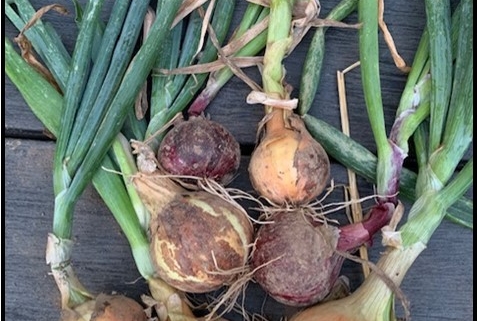
Saturday, March 12th, 10 am-1 pm: Preparation (ethnic and vegetarian)
Long Island has attracted immigrants for centuries, from eastern and western Europe and more recently from Latin America. These people literally enriched the soil and contributed to a rich cultural heritage. Join historian, community gardener and home cook Susan Babkes as she discusses the various customs and flavors of our North Fork immigrants. Discussions will center around Francis Moore Lappe’s classic work Diet for a Small Planet.
Then spend the remainder of the workshop preparing three traditional Irish and Eastern European dishes: Sweet and Sour Cabbage soup, vegetarian stuffed cabbage, and Irish soda bread.



